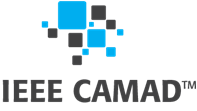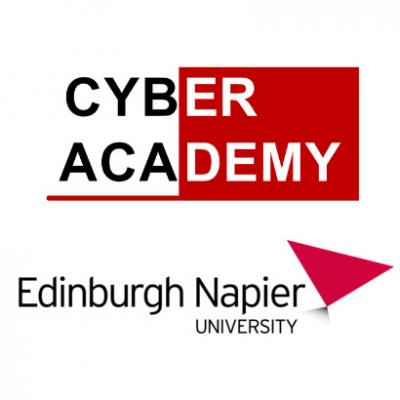Joint communication and sensing (JCAS) aims to integrate sensing and communication functions into one single system to improve spectrum efficiency and reduce device cost and power consumption. JCAS has been recognised as an integral capability in future 6G cellular systems. With the advances of IoT and AI technologies, intelligent data-driven applications, such as intelligent transportation, smart agriculture, autonomous driving, smart healthcare, digital twin, fast disaster recovery, have posed the need for on-device computing. The future 6G mobile communication system is expected to realise reliable high-speed wireless communication, robust high-precision environmental sensing and accurate on-device computing to support connected, autonomous and intelligent applications in highly dynamic and heterogeneous environment.
Beyond JCAS, the integration of computing capability with communication and sensing, i.e. joint communication, sensing and computing (JCSC) has thus emerged as a new research field in 6G. The communication, sensing and computing capabilities cooperate to benefit each other through the joint design of hardware, algorithms, architectures and protocols. Spectrum, signal processing modules and computing resources are shared to improve the spectrum, energy and hardware efficiency, achieving ubiquitous connected mobile intelligence in 6G era.
This Special Session aims at bringing together researchers, engineers and practitioners to share and discuss the latest innovations on joint communication, sensing and computing in 6G communication systems. We encourage innovative work including but not limited to:
- Joint communication, sensing and computing architecture/system/network design
- Hardware design for joint communication, sensing and computing systems/subsystems
- Signal processing for joint communication, sensing and computing systems/subsystems
- Resource allocation in joint communication, sensing and computing systems/subsystems
- Energy efficiency in joint communication, sensing and computing systems/subsystems
- Optimization for joint communication, sensing and computing systems/subsystems
- Embedded ML with joint communication and sensing
- AI for joint communication, sensing and computing systems/subsystems
- Distributed learning in joint communication, sensing and computing systems/subsystems
- Security and privacy in joint communication, sensing and computing systems/subsystems
- Joint communication, sensing and computing applications
ORGANIZERS:
Session chairs:
- Dr. Xiaomin Chen, Northumbria University, UK (xiaomin.chen@northumbria.ac.uk)
- Dr. Kezhi Wang, Brunel University London, UK (kezhi.wang@brunel.ac.uk)
Prospective authors are invited to submit a full paper of not more than six (6) IEEE style pages including results, figures and references. Papers should be submitted via EDAS. Papers submitted to the conference, must describe unpublished work that has not been submitted for publication elsewhere. All submitted papers will be reviewed by at least three TPC members. All accepted and presented papers will be included in the conference proceedings and IEEE digital library.
Please see Special Session Description for the details.





